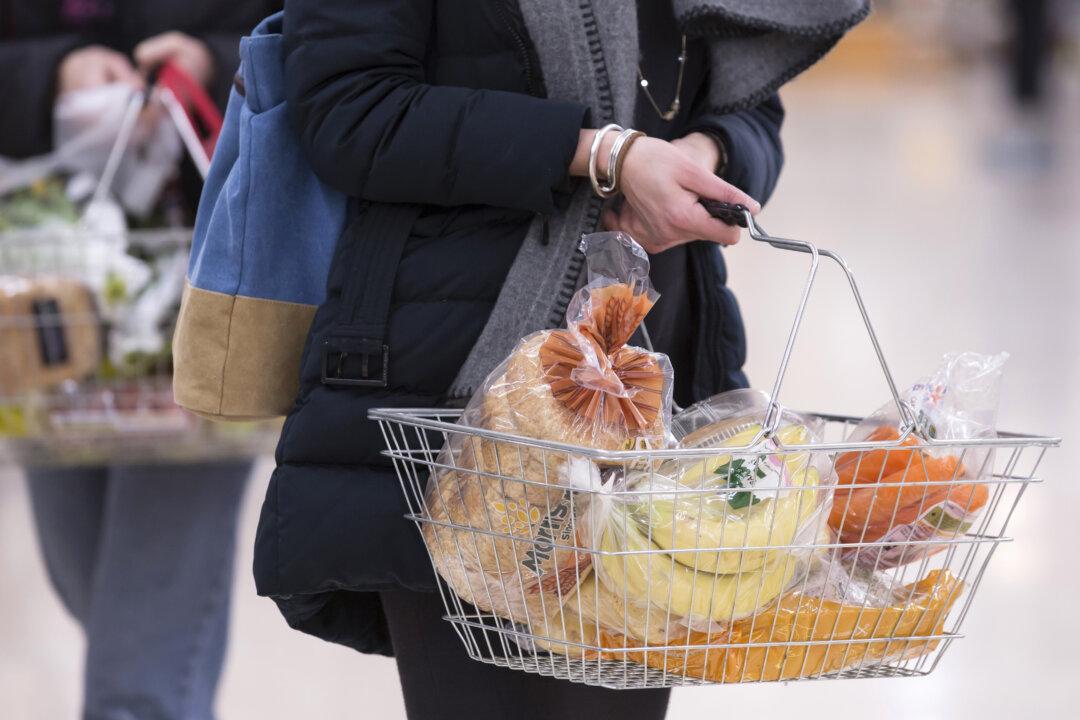Britain’s consumer price index (CPI), a measure of inflation, jumped to 3.2 percent over the year in August, the highest level in nearly a decade.
The UK’s Office for National Statistics (ONS) disclosed the CPI figures in a Sept. 15 release, in which the agency said the inflationary spike is likely temporary, driven up mostly by base effects due to the government’s “Eat Out to Help Out” program combined with reductions in value added taxes that sharply discounted prices in the restaurant sector in August 2020.





